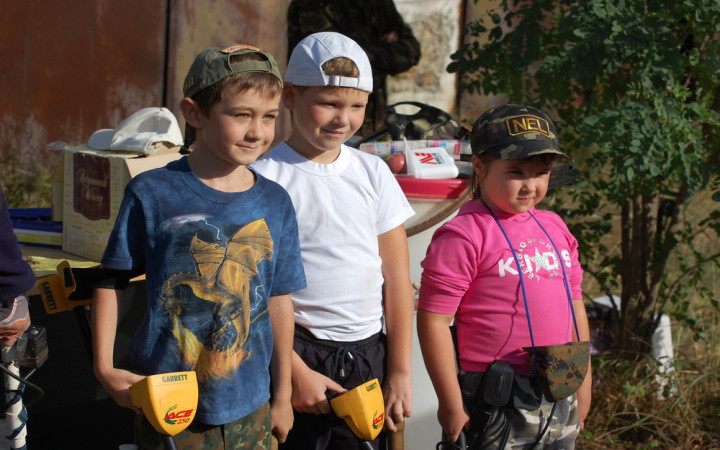Have you ever been on a scavenger hunt? If not, get ready. You're not going to believe what kind of crazy fun you've been missing!
A scavenger hunt is a game in which the players — either individuals or teams — compete to see who can obtain the most items from a list. Sounds easy enough, right? Well, not necessarily…
Usually, the group who organizes the scavenger hunt comes up with a list of very specific — and often quite unusual — items. What kinds of items? It could be anything.
Some examples might include a movie ticket stub, a bar of soap from a hotel, a pair of pink socks, a Christmas card, a coin from a specific year, an avocado or a coupon for a particular type of dog food.
To make things even harder, there are often rules that must be followed, such as you cannot purchase the items. Instead you may have to convince people to loan them to you for a bit. Or you might be required to take pictures of items or obtain bits of information instead of actual physical things.
The winner of a scavenger hunt is usually either the first person or team to obtain all items on the list or the person or team who obtains the most items from the list within a set period of time. The prizes for winning a scavenger hunt can be as wacky as the items on the list.
Who started this fun tradition? Many believe gossip columnist Elsa Maxwell created scavenger hunts as a fun party event in the 1930s. Since that time, they've become a crazy tradition that many people enjoy.
Scavenger hunts can take place just about anywhere, from outdoor parks and neighborhoods to indoor malls. They can also be a great way to teach kids about nature by having them search outdoors for a variety of natural items.
If you're wondering where the name came from, the crazed search for strange objects seems to resemble scavenging. Scavengers — such as vultures, raccoons, crows and termites — search out dead animal or plant material to feed on.
Although scavenger hunts won't have you searching for dead animals, they will have you feverishly hunting for some weird things from time to time.
In the past 10 years, some people have taken the idea of scavenger hunts to a whole new level. With the invention of the outdoor sport of geocaching, people can now play a high-tech version of hide and seek all over the world.
Geocachers use global positioning system (GPS) receivers (either handheld units or mobile phones with GPS capability) to hide and seek containers — called "geocaches" — anywhere in the world. Although geocaches can come in many forms, most tend to be waterproof containers, like plastic storage containers or old ammunition boxes, which contain a logbook and various trinkets.
When a geocacher finds a hidden geocache, he or she records his or her name (usually a special code name) in the logbook. He or she may also take a trinket and leave something behind in its place.
Today, there are more than 1 million geocaches hidden around the world with more than 5 million geocachers searching for them!




